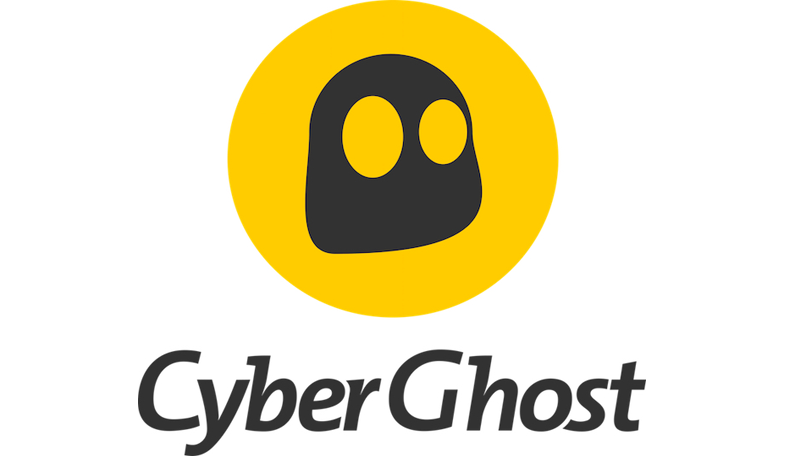#1. ExpressVPN – Best UK VPN
#1. ExpressVPN (TOP CHOICE) ✅
Features:
✅ 24/7 Full Customer Support: You can even Cancel ExpressVPN and get a refund if you don’t like their service, so you are 100% secure.
✅ 5 Devices can be connected, and you won’t face speed drops.
✅ More than 3000+ servers across the globe to choose from
✅ ExpressVPN supports torrents. It masks your IP, encrypts traffic, and offers P2P profiles. It also provides fast speeds.
✅ Super Fast Speed to stream Ultra HD Movies, WebSeries
✅ 30 Days Money-Back Guarantee
#2. NordVPN – Best VPN for Security in UK
#2. NordVPN (BEST FOR SECURITY) ✅
Features:
✅ 24/7 full customer support you will get from NordVPN staff.
✅ Select from 5200 servers in 59 countries
✅ NordVPN supports torrents. It masks your IP, encrypts traffic, and offers P2P profiles. It also provides fast speeds.
✅ 6 devices can be connected at the same time without any packet loss.
✅ Ultra-fast speed to match up your needs while streaming your favorite shows
✅ 30 Days Money-Back Guarantee
#3. CyberGhost VPN – Best for Multiple Device in UK
#3. CyberGhost (BEST FOR FAMILIES) ✅
Features:
✅ CyberGhost supports torrents. It masks your IP, encrypts traffic, and offers P2P profiles. It also provides fast speeds.
✅ 7 Devices can be connected at the same time while browsing and streaming videos.
✅ Fast Speed to watch all your shows without buffering
✅ Live chat and email support are there for customers.
✅ 8200+ Whooping servers around the world in 70+ countries
✅ 45-Day Money-Back Guarantee
FAQs on Best VPN for UK
What is VPN & How does it Work?
A Virtual Private Network (VPN) is a service that creates a secure, encrypted connection between your device and the internet. It works by routing your internet traffic through a remote server run by the VPN provider, masking your IP address and making it appear as if you’re browsing from a different location.
How it works:
- Encryption: When you connect to a VPN, it encrypts your data, making it unreadable to anyone who might intercept it, like hackers or your Internet Service Provider (ISP).
- Tunneling: Your data is sent through a secure “tunnel” to the VPN server. This tunnel shields your data from being seen by third parties.
- Server Location: The VPN server acts as an intermediary between you and the internet. Your online activity appears to come from the VPN server’s location, allowing you to access content restricted to that region.
- Privacy and Security: By masking your IP address and encrypting your data, a VPN enhances your privacy and security online, protecting you from surveillance and cyber threats.
In essence, a VPN helps keep your online activities private and secure, while also allowing you to bypass geographical restrictions on websites and services.
Why Do I Need VPN?
You might need a VPN for several reasons:
- Privacy Protection: A VPN hides your IP address and encrypts your internet connection, preventing your online activities from being tracked by hackers, your Internet Service Provider (ISP), or even government agencies.
- Security on Public Wi-Fi: When using public Wi-Fi networks, such as in cafes or airports, a VPN protects your data from being intercepted by cybercriminals.
- Bypass Geo-Restrictions: A VPN allows you to access content that may be restricted based on your location, such as streaming services, websites, or social media platforms.
- Avoid Censorship: In some countries, access to certain websites and online services is restricted. A VPN helps you bypass these censorships and freely access the internet.
- Safe Online Transactions: A VPN adds an extra layer of security when conducting online banking, shopping, or handling sensitive information, ensuring that your data remains safe.
- Peer to Peer: You can also use vpn as peer to peer networks with the help of torrent clients.
In short, a VPN enhances your online privacy, security, and freedom.
Can I use VPN on Any Device?
Yes, you can use a VPN on most devices. VPNs are compatible with a wide range of devices and operating systems, including:
- Smartphones and Tablets: VPNs work on both Android and iOS devices, allowing you to secure your mobile internet connection.
- Computers and Laptops: You can use a VPN on Windows, macOS, and Linux operating systems, providing privacy and security for your desktop or laptop.
- Smart TVs and Streaming Devices: Many VPNs can be installed on smart TVs, streaming devices like Amazon Fire Stick, and even certain gaming consoles, allowing you to bypass geo-restrictions on streaming content.
- Routers: You can configure a VPN directly on your router, protecting all devices connected to your home network without needing to install the VPN on each one individually.
- Browser Extensions: Some VPNs offer browser extensions for Chrome, Firefox, or other web browsers, providing a quick way to secure your browsing activities.
In summary, VPNs can be used on almost any device that connects to the internet, offering broad compatibility across different platforms.
Free VPN Vs Paid VPN? Which One is Better?
When choosing between a paid and free VPN, there are several key differences to consider:
Paid VPNs:
- Better Security: Paid VPNs typically offer stronger encryption, more advanced security features, and better protection against data leaks.
- Faster Speeds: Paid services usually provide faster connection speeds and more reliable performance, as they have more servers and bandwidth available.
- No Data Limits: Most paid VPNs offer unlimited bandwidth and data usage, making them suitable for streaming, gaming, and other data-intensive activities.
- More Server Locations: Paid VPNs offer access to a wider range of server locations, allowing you to bypass geo-restrictions more effectively.
- Customer Support: Paid VPNs often provide 24/7 customer support to help with any issues you might encounter.
Free VPNs:
- Limited Security: Free VPNs may use weaker encryption or even log your data, potentially compromising your privacy.
- Slower Speeds: Free VPNs often have limited bandwidth, leading to slower connection speeds, especially during peak times.
- Data Caps: Free services typically impose data limits, restricting how much you can use the VPN each month.
- Fewer Servers: Free VPNs usually have fewer server locations, which can limit your ability to bypass geo-restrictions and lead to overcrowded servers.
- Ads and Tracking: Many free VPNs rely on ads for revenue and may track your online activity, defeating the purpose of using a VPN for privacy.
Conclusion:
Paid VPNs generally offer better security, performance, and features, making them a more reliable choice for protecting your privacy and accessing restricted content. Free VPNs can be useful for occasional or light use, but they often come with significant limitations and potential risks.
I'm a technology cyber expert and VPN expert. I love to stay up-to-date on the latest tech trends and explore new ways to use technology to improve my life. I also enjoy writing about these topics.
Peace ✌️


